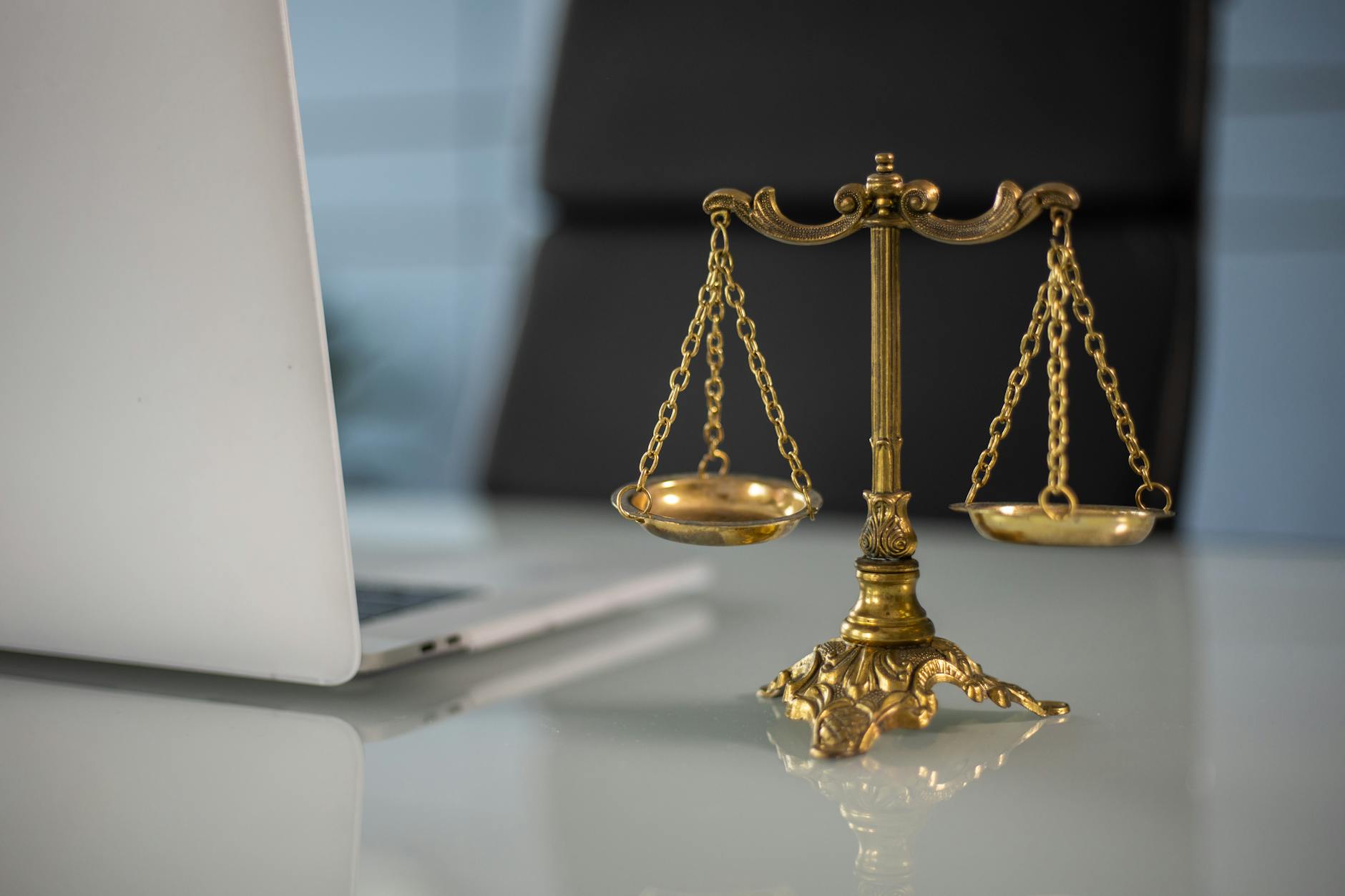Photo by KATRIN BOLOVTSOVA on Pexels
The American legal landscape is witnessing a quiet revolution as judges begin to explore the potential of artificial intelligence to enhance efficiency. While the focus has largely been on attorneys’ use (and occasional misuse) of tools like ChatGPT, judges are now leveraging generative AI for tasks ranging from legal research to drafting routine orders. This experimentation, however, is raising serious questions about accountability and the potential for AI-generated errors to infiltrate court decisions.
Instances of judges citing AI-generated content – including inaccurate summaries and hallucinated case details – are becoming more prevalent. Experts warn that defining appropriate roles for AI within the judiciary requires careful consideration, as even seemingly simple tasks can necessitate human judgment. The lack of transparency regarding how judges are utilizing AI, combined with the difficulty in verifying the technology’s outputs, fuels concerns about bias and the erosion of public trust in the legal system.
The debate centers on balancing the potential efficiency gains with the critical need for accuracy and fairness. The legal community is actively engaged in discussions around establishing clear guidelines for the responsible adoption of AI in the judiciary, emphasizing the paramount importance of human oversight, rigorous verification, and maintaining accountability for decisions ultimately rendered by the court. As AI continues to develop, striking this balance will be crucial to preserving the integrity of the legal system.
